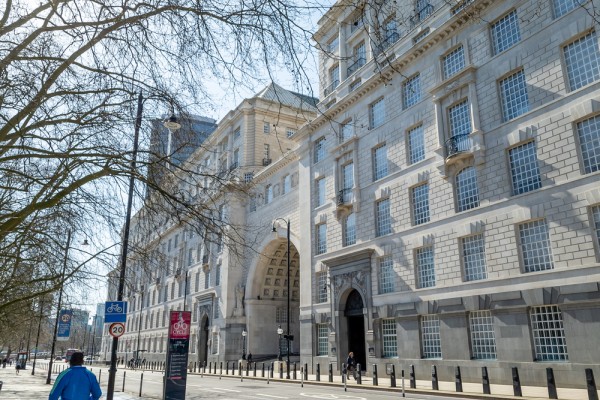Human rights campaign group Liberty has won a high court challenge in London against the Home Office and Foreign Office over provisions of the 2016 Investigatory Powers Act. The two judges in the case, Lord Justice Singh and Mr Justice Holgate ruled that it was unlawful for security and intelligence services to obtain communications data about an individual from telecom providers during criminal investigations without prior independent authorisation.
Liberty lawyer Megan Goulding said: “We all want to have control over our personal information, and to have a government that respects our rights to privacy and freedom of expression. This judgment is a major victory in the fight against mass surveillance. The Court has agreed that it’s too easy for the security services to get their hands on our data. From now on, when investigating crime, MI5, MI6 and GCHQ will have to obtain independent authorisation before being able to access our communications data. Mass surveillance powers do not make us safer, they breach our privacy and undermine core pillars of our democracy. Today represents a huge landmark in reining in mass surveillance powers, and we hope now the Government creates proper safeguards that protect our rights.”
Read the full Liberty press release.

What is this page?
You are reading a summary article on the Privacy Newsfeed, a free resource for DPOs and other professionals with privacy or data protection responsibilities helping them stay informed of industry news all in one place. The information here is a brief snippet relating to a single piece of original content or several articles about a common topic or thread. The main contributor is listed in the top left-hand corner, just beneath the article title.
The Privacy Newsfeed monitors over 300 global publications, of which more than 5,750 summary articles have been posted to the online archive dating back to the beginning of 2020. A weekly roundup is available by email every Friday.
